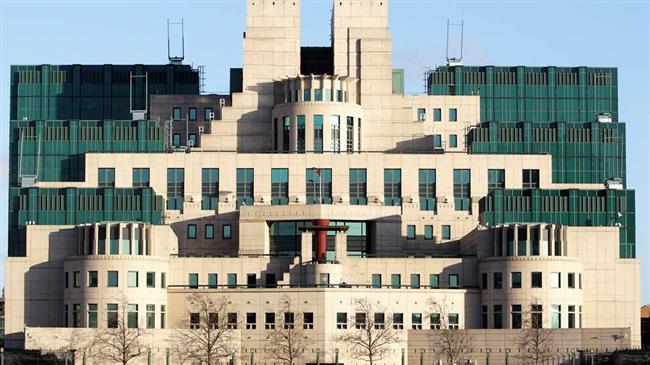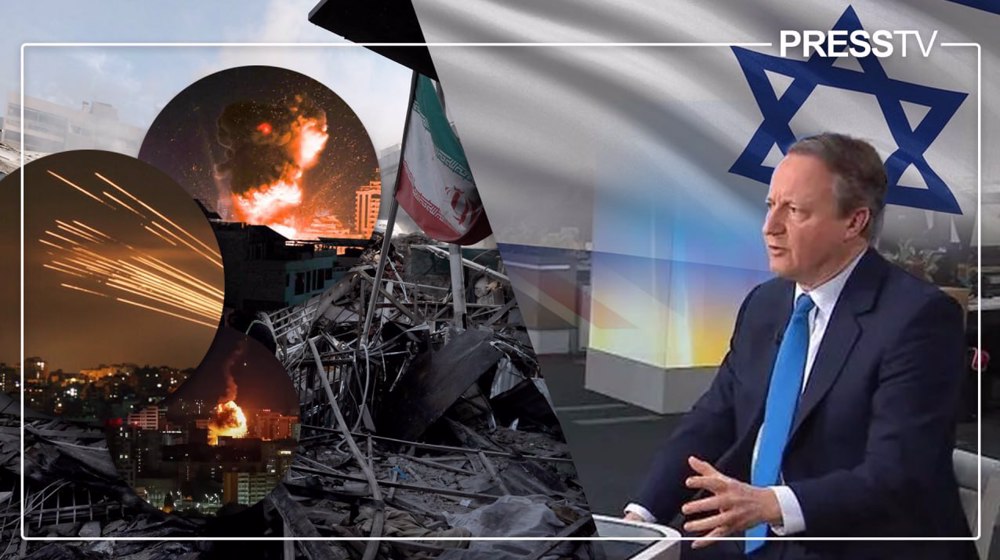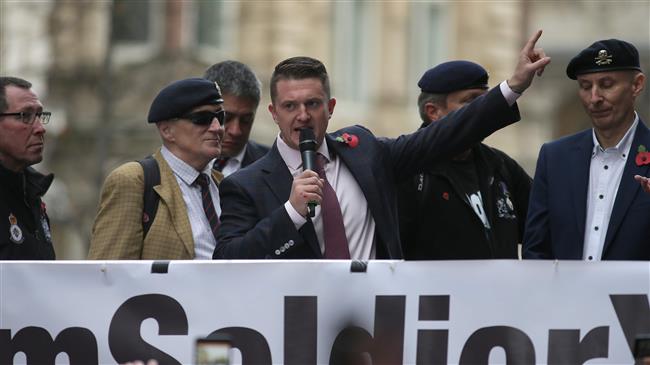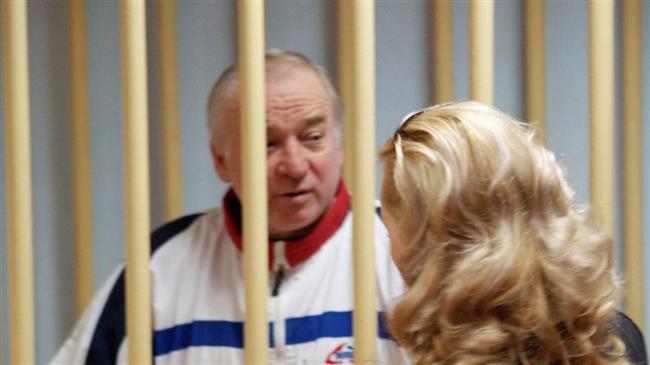UK knew key Qaeda captive was tortured by US in 2001: Report
British intelligence agencies, both the MI6 and the MI5, were aware that a captured member of al-Qaeda was tortured and placed inside a sealed coffin at a US-run prison in Afghanistan.
Through a close analysis of redacted official documents, the Middle East Eye website established that an MI6 officer was aware that CIA staff had placed Ibn al-Sheikh al-Libi inside a coffin before being loaded onto a truck and driven to an aircraft that was waiting to fly to Egypt.
In an incident report sent to MI6 headquarters in London, the officer and his colleagues reported that “we were tempted to speak out” at the treatment of Libi, but did not.
“The event reinforced the uneasy feeling of operating in a legal wilderness,” they said.
Ali Mohamed Abdul Aziz al-Fakheri was a Libyan national captured in Afghanistan in November 2001 after the fall of the Taliban. He was interrogated by the American and Egyptian forces.
Despite being aware that Libi had been flown to Egypt inside a coffin, and despite that country’s well-documented record of human rights abuses, both MI6 and MI5 decided to allow questions to be put to him and continued to receive reports about what he was saying.
The information he gave under torture to Egyptian authorities was cited by the government of former US President George W. Bush in the months preceding its 2003 invasion of Iraq as evidence of a connection between Saddam Hussein and al-Qaeda.
That information was frequently repeated by members of the Bush administration, although reports from both the Central Intelligence Agency (CIA) and the Defense Intelligence Agency (DIA) strongly questioned its credibility, suggesting that al-Libi was “intentionally misleading” interrogators.
Under torture, Libi told his Egyptian interrogators that there were links between al-Qaeda and Iraqi President Saddam Hussein’s nuclear weapons program. Three members of the militant organization had been sent to Iraq for training, he said.
Justifying Iraq invasion
On his eventual transfer back into CIA custody, Libi said that he had fabricated the account in order to avoid further torture.
By that time, however, his statements had been used to justify the invasion of Iraq.
Some had been included in a speech that former US Secretary of State Colin Powell gave to the United Nations Security Council on February 5, 2003, just weeks before the US-led invasion, while on the same day, the then British Prime Minister Tony Blair told parliament that there were “unquestionably” links between al-Qaeda and Iraq.
“It would be wrong to say that there is no evidence of any links between al-Qaeda and the Iraqi regime,” Blair said.
“There is evidence of such links. Exactly how far they go is uncertain. However… there is intelligence coming through to us the entire time about this,” Blair said.
The former British premier added that the case for war against Iraq was not based upon the links with al-Qaeda, but Saddam Hussein’s weapons of mass destruction program.
“I believe that our case on weapons of mass destruction is very clear indeed. It is perfectly obvious that Saddam has them,” Blair had said at the time.
After the invasion of Iraq, it was soon obvious that Saddam’s WMD program had long been dismantled. It also became clear that there had been no link between Iraq and al-Qaeda.
But the UK’s role in the interrogation of Libi, the man who was tortured into providing a false prospectus for war, has not been disclosed until now.
UN warns hundreds of thousands of Sudanese under ‘immediate danger’
Iraqi resistance strikes ‘vital’ target in Eilat after Israel attacks PMU base
North Korea conducts cruise missile warhead test: State media
Israeli airstrike kills at least 7 people in Rafah
VIDEO | Iranians hold nationwide demos in support of IRGC
Syria condemns US veto of Palestine UN membership resolution
Iraqi resistance forces hit Israeli Ovda air base
Hackers break into Israeli military’s computers, access trove of documents















 This makes it easy to access the Press TV website
This makes it easy to access the Press TV website